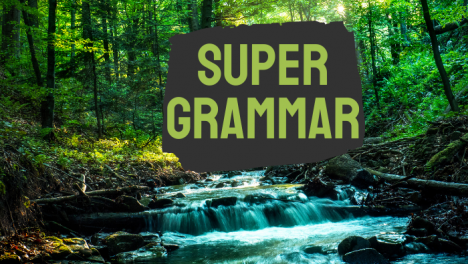
Compound subjects can throw a spanner in the works when it comes time to choose your verb. But what are compound subjects? And why do they make it hard to use the correct verb?
Remember, the subject of a sentence is a person, place, thing or idea that is completing the action of the verb. Saying a sentence has a compound subject is just a fancy way of indicating the sentence has two or more subjects. These subjects are joined by “and” or “or” or sometimes a series of commas with one of these two words.
The reason compound subjects are sometimes difficult is that little word “and”. (The use of “or” can be tricky too, but we’ll save that for another The Write Fit.) We tend to forget the part of our subject that comes before “and” and match our verb to what’s just in front of it.
When writing sentences, it’s important to maintain subject-verb agreement. Singular subjects take singular verbs, and plural subjects need plural verbs. The thing to remember is “and” makes your subject plural. So if two people or things are doing or being something, use a plural verb. Let’s take a look at a couple of sentences to illustrate this.
The compound subject is accuracy and compliance, so the sentence uses the plural verb are.
The compound subject in this sentence is footprint and contribution, so the sentence uses the plural verb of matter.
If you keep an eye out for “and” in the subjects of your sentences, it can be easier to maintain subject-verb agreement.
Wendy Wood
Proofreader
Did you enjoy Super Grammar?
Get a new and super useful grammar tip from our proofreader, Wendy, directly to your inbox once a fortnight, in Typeset’s The Write Fit newsletter. Subscribe here:
